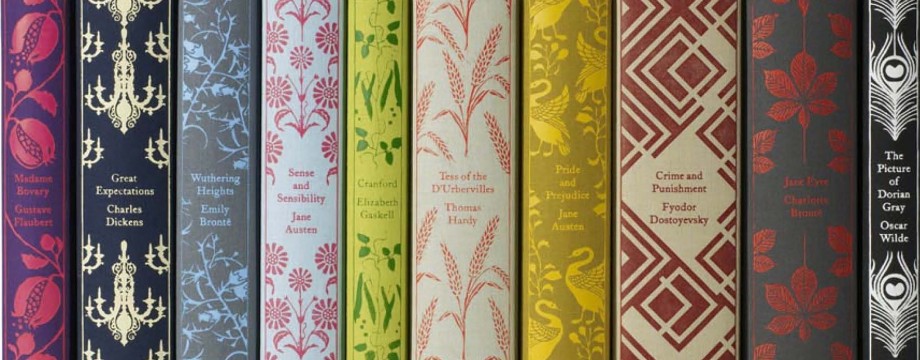
It took me a long time to come back to Michael Chabon’s early books after reading Kavalier and Clay. I had in my head that Wonder Boys was frivolous and overly modern, possibly because I get the movie mixed up with the book. However, on re-reading it I remembered that this is actually an excellent novel.
Chabon uses insomnia to symbolize a gift for writing. He calls writing “the midnight disease.” Writers lie awake at night, persistently unable to stop noticing and analyzing the world around them. And as the main character loses his way as a writer, he also finds himself increasingly plagued by daytime blackouts — not only is he not staying awake while others sleep, he can’t even stay awake while others stay awake.
Chabon can write about writers and writing in a poetic, fucked-up way that makes you not only want to be a writer but believe you are one. Even I, eternally preoccupied with sleeping, can believe in my own writerly talents, simply because I stayed awake long enough to read this book. It helps that the prose is the lovely, twisting stuff you expect from Chabon, making this an effortless read in the way that his more “serious” works are not. It’s a book you can wrap an afternoon around, rather than, say, an entire philosophy.
He does make mistakes, of course. He has that early novelist’s fault of trying to say everything about a character without saying anything about a character. That’s great if you pick the right details. The way a woman stubbornly keeps wearing her hideous parka, combined with the way she sits in chairs, might speak volumes in the right hands. Chabon gets good at this later, but in Wonder Boys you get ham-handed character development sometime. You know the father-in-law is lovable because he fixes things, he has gentle hands — oh, and also he and his wife adopted three Korean orphans. You know the sister-in-law is difficult because she has this quirky, strange way of speaking — and also she’s cross-eyed, and wears hideous clothes, and eats mushrooms she finds under cowshit.
But, you know, mostly it’s great. And I love Sara, my chosen heroine out of the three or four women who cycle through the plot. I wish she didn’t have to compete with a sexed-up college girl for the hero’s affections, a girl who only exists to ultimately reject him so he can come to terms with the only woman left who will have him. But I guess it wouldn’t be a middle-aged male Bildungsroman without one sexy adolescent girl.
“Sara, honey,” I said, “I’m stuck.” I gave my arm a gentle tug, trying to free it. “You’re lying on my arm.”
She didn’t move; she only opened her eyes, dry once again, and gave me a very hard stare.
“I guess you’re going to have to chew it off, then,” she said.

